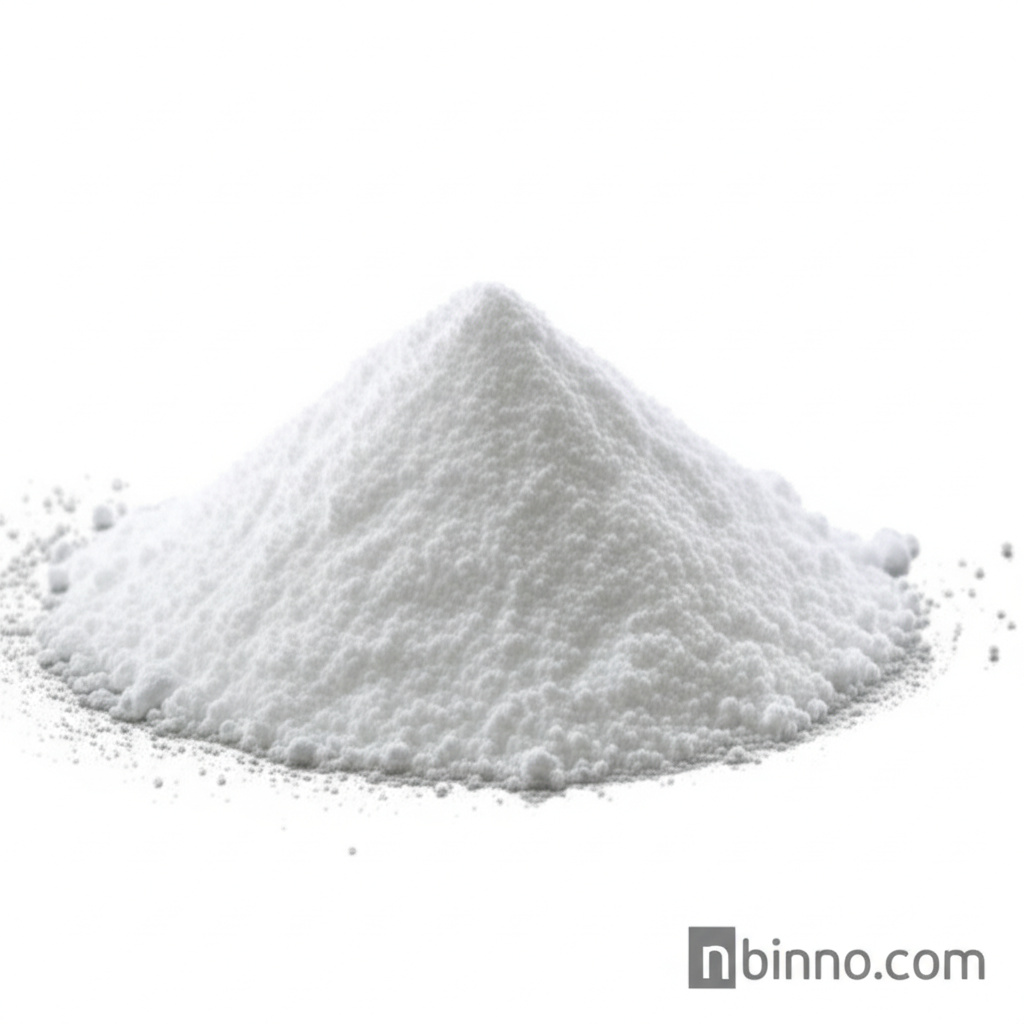Alagebrium Chloride (ALT711): A Novel Approach to AGE Inhibition
Discover the potential of Alagebrium Chloride in combating age-related diseases and improving vascular health.
Get a Quote & SampleProduct Core Value

Alagebrium Chloride
Alagebrium chloride (ALT711) is a significant pharmaceutical compound investigated for its role as an advanced glycation end-product (AGE) inhibitor. AGEs are implicated in various age-related diseases, and this compound offers a novel therapeutic avenue.
- Explore the potential of Alagebrium chloride AGE inhibitor in managing chronic conditions.
- Understand the ALT711 cardiovascular benefits and its impact on vascular health.
- Learn about advanced glycation end-product reversal mechanisms.
- Discover the applications of thiazolium salt for diabetes management and research.
Key Advantages
AGE Inhibition
Alagebrium chloride effectively inhibits advanced glycation end-products, which are crucial in the pathogenesis of many chronic diseases, including diabetes and cardiovascular conditions.
Cardiovascular Support
Research indicates ALT711 cardiovascular benefits, including potential improvements in blood pressure and vascular function, making it a focus in studies for heart health.
Therapeutic Potential
This compound is actively studied for its role in aging research and its potential to mitigate age-related decline by addressing glycation-related damage.
Key Applications
Cardiovascular Health
Investigate Alagebrium chloride's role in managing cardiovascular diseases by understanding its mechanism of action as an AGE inhibitor.
Diabetes Management
Learn how the thiazolium salt for diabetes research offers new possibilities for treating diabetic complications.
Aging Research
Explore the applications of alagebrium in aging research, focusing on its potential to reverse age-related tissue stiffening.
Neuroprotection Studies
Examine the emerging evidence for alagebrium chloride neuroprotection and its potential benefits for neurological disorders.
